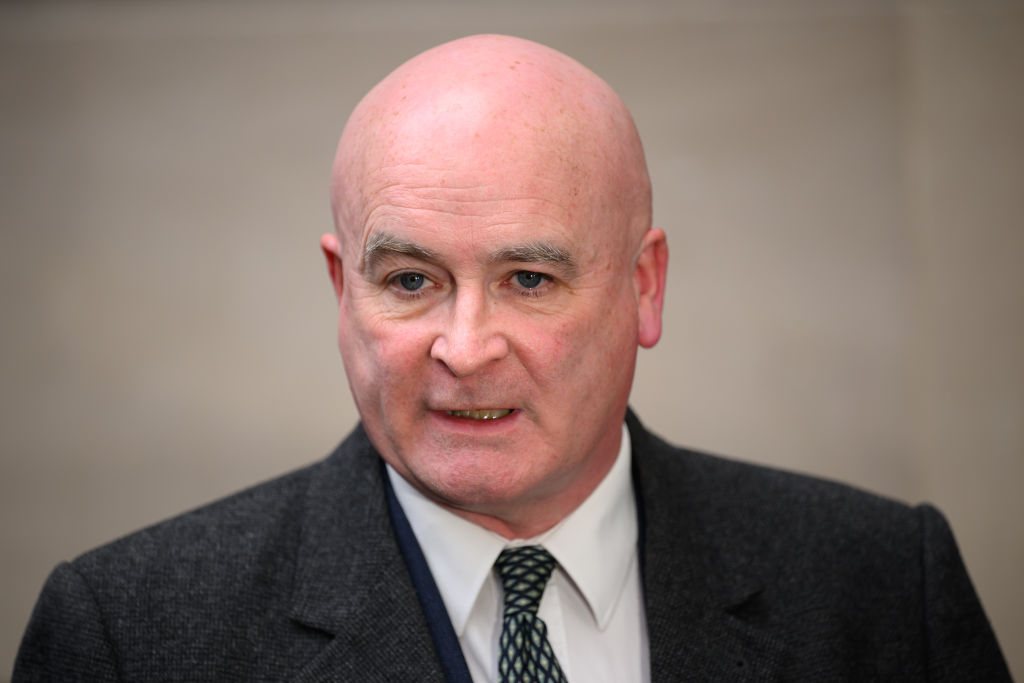Mick Lynch told Mishal Husain this week that it is about time she started showing partiality to Britain’s working people. Leave aside the assertion that the BBC should break its impartiality guidelines to please Mick Lynch, is he really representing the working classes? Unless you count as ‘working class’ everyone who does any paid work, the answer is somewhat questionable. The fact is that members of the Rail, Maritime and Transport (RMT) union are significantly better off than Britain’s working population as a whole. Forget Lynch’s flat cap image: judged by income alone, the RMT’s rail members are thoroughly middle class.
According to the Office for National Statistics even the lowest grade of rail worker – rail assistants, who might sell you a ticket, for example – earn a median wage of £37,740. By contrast, the median wage across the entire economy is £33,000. Rail construction workers earn a median wage of £38,409, rail operatives earn a median wage of £50,560. Rail drivers – most of whom are represented by Aslef rather than the RMT – earn a median wage of £58,868. Some are reported to be earning more than £100,000, overtime included.
The same, it has to be said, is true of the passengers: they lean towards the middle class, too. Among managerial and professional workers in 2015, 70 per cent were users of the railways and 30 per cent are not. Among intermediate workers the corresponding figures were 65 to 35 per cent, and among routine/manual workers it was 43 per cent to 57 per cent.
If you want to find working class people, don’t bother looking on the railways: it has become a system run by the middle classes for the middle classes. The trouble is that lower income groups are very much helping to prop up the industry. In the year to March 2022, taxpayers contributed £13.3 billion in subsidies, while passengers contributed only £5.8 billion. The subsidy figure is only for day-to-day operations; it does not include the billions being spent on HS2, for example.
The railways have become an issue of social equity. Taxpayers are being stung vast sums to run trains used disproportionately by well-off passengers, and to pay inflated salaries to workers. Of course, it is true that it isn’t only RMT members who are feasting on public subsidy: senior managers and shareholders of rail companies have their noses in the pork barrel, too. The bogus ‘free’ market created by rail privatisation seems to guarantee profits however successful or unsuccessful rail companies are at attracting custom.
Mick Lynch might like to try to draw a distinction between his ‘working class’ members and the fat cats who own and run train operating companies. But in truth they are one of the same thing: a group of privileged, well-off people who are living on taxpayer largesse.







Comments